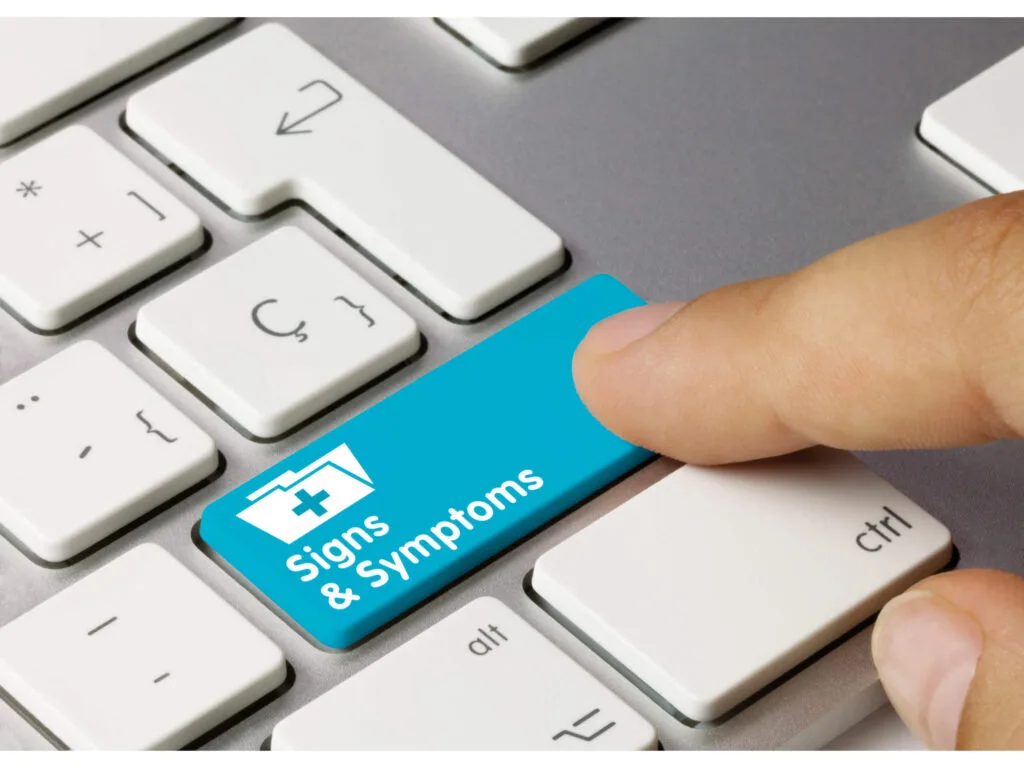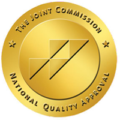Introduction to the 12-Step Program
The 12-Step Program, initially established by Alcoholics Anonymous (AA), is a well-known process for recovery from alcohol addiction. They adapted this program to help people facing various forms of addiction, such as drugs, gambling, and eating disorders. Avedis Detox and Recovery in Los Angeles offers a comprehensive alcohol detox and treatment plan with a 12-Step process. This blog covers the 12 steps, their significance, and why Avedis is California’s best addiction treatment choice.
The 12 Steps of Alcoholics Anonymous
The 12-Step Program is a set of principles created by Alcoholics Anonymous that guide people through recovery from alcohol addiction. These steps emphasize personal growth, spiritual development, and making amends for past mistakes. Let’s examine each step in detail:
1. Admit Powerlessness
The first step involves admitting that one is powerless over alcohol and that their life has become unmanageable. This step is crucial in acknowledging the need for help.
2. Believe in a Higher Power
The second step involves believing that a power greater than oneself can restore sanity. This higher power can be any spiritual or personal belief, such as religion, nature, or even the support of loved ones.
3. Make a Decision to Turn Over Control
In the third step, participants decide to turn their will and lives over to the care of their higher power, trusting that this power will guide them toward recovery.
4. Make a Moral Inventory
Step four involves making a searching and fearless moral inventory of oneself. This introspection helps identify areas where one needs to improve or seek forgiveness.
5. Admit Wrongs to Another Person
In step five, participants admit to their higher power, themselves, and another person the exact nature of their wrongs. This step encourages honesty and vulnerability.
6. Be Ready for Change
Step six involves being entirely ready to have the higher power remove defects of character. This willingness to change is a vital component of recovery.
7. Humbly Ask for Help
Participants humbly ask their higher power to remove their shortcomings in step seven. This step emphasizes humility and the need for external support in the recovery process.
8. List of Amends
Step eight involves listing all persons harmed by one’s addiction and becoming willing to make amends to them all. This step helps foster accountability and empathy towards others.
9. Make Direct Amends
In step nine, participants make direct amends to those they have harmed whenever possible. The exception is when doing so would injure them or others. This step is crucial in repairing relationships and healing the damage caused by addiction.
10. Continue Personal Inventory
Step ten involves continuing to take personal inventory and promptly admitting when one is wrong. This ongoing self-evaluation promotes personal growth and prevents falling back into old habits.
11. Seek Spiritual Growth
In step eleven, participants seek to improve their conscious contact with their higher power through prayer and meditation. This step encourages spiritual growth and a deeper connection with one’s higher power.
12. Carry the Message
The final step involves carrying the message of recovery to other people struggling with addiction and practicing the principles of the 12-Step Program in all aspects of life. This step emphasizes the importance of giving back and supporting others in their journey to recovery.
Why Avedis Detox and Recovery is the Best Choice for Alcohol Addiction Treatment in California
Avedis Detox and Recovery is a leading provider of alcohol addiction treatment in Los Angeles, California. Our facility offers comprehensive services to help individuals overcome addictions and recover. Avedis Detox and Recovery is the best choice for those seeking alcohol addiction treatment in California. Here’s why:
Comprehensive Treatment Options
We provide various treatment programs to cater to each person’s unique needs. That includes detox, residential addiction treatment, partial hospitalization programs (PHP), intensive outpatient programs (IOP), and outpatient programs (OP). Our dedicated team of professionals works closely with each person. Together they develop a customized treatment plan that addresses clients needs and goals.
Expertise in the 12-Step Process
At Avedis Detox and Recovery, the 12-Step Program in our alcohol addiction therapy. We recognize its proven effectiveness in helping people achieve lasting sobriety. Our experienced staff guides you through each step, providing the guidance you need to navigate the recovery process successfully.
Luxury, Comfort, and Privacy
Our facility offers a luxurious and comfortable environment for those seeking the best detox and rehab experience near them. We provide private rooms and upscale amenities, ensuring our clients can focus on their recovery in a serene and healing setting. Our commitment to privacy means you can trust us to protect your confidentiality during your stay.
Outcomes of the 12-Step Program: Effectiveness, Pros, and Cons
The 12-Step Program has been widely recognized as a practical approach to addiction recovery, with numerous research studies and outcomes-based data supporting its positive impact on individuals seeking sobriety. In this section, we will cover the expected and statistical outcomes and the pros and cons of the 12-Step Program, using evidence from research studies to make our case.
 Expected Outcomes of the 12-Step Program
Expected Outcomes of the 12-Step Program
The 12-Step Program has provided several positive outcomes for those participating. Some of the expected outcomes include:
- Reduced substance use: 12-Step Program participants report a significant reduction in alcohol use, leading to long-term sobriety and improved quality of life.
- Improved mental health: People in 12-Step Programs experience improved mental health, including reduced anxiety, depression, and stress.
- Enhanced social support: Participants benefit from a strong network of supportive peers who understand their experiences and encourage recovery.
- Increased spiritual well-being: Many individuals participating report increased spirituality, leading to a more profound sense of purpose and meaning.
Research studies have supported these outcomes. A study published in the Journal of Substance Abuse Treatment found that individuals who attended 12-Step meetings experienced significantly better long-term outcomes than those who did not, including reduced alcohol and drug use and improved mental health.
Pros of the 12-Step Program
The 12-Step Program offers several advantages for those seeking recovery:
- Proven effectiveness: Research has demonstrated the effectiveness of the 12-Step Program in reducing substance use and improving mental health.
- Accessibility: Meetings are widely available and often free, making them accessible to individuals from various socioeconomic backgrounds.
- Peer support: Fosters a strong sense of community, providing participants with a supportive network of peers who empathize with their struggles.
- Holistic approach: The 12-Step Program addresses the physical aspects of addiction and the emotional, mental, and spiritual components.
Cons of the 12-Step Program
Despite its many benefits, the 12-Step Program may not be suitable for everyone, and there are some potential drawbacks to consider:
- Spiritual focus: The 12-Step Program’s focus on spirituality may not resonate with everyone, particularly those who prefer a secular approach to recovery.
- One-size-fits-all approach: The 12-Step Program may not address every person’s needs and circumstances, as it follows a standardized set of principles.
- Potential for over-reliance on meetings: Some critics argue that the Program may encourage excessive dependence on sobriety and may not be right for everyone.
- While many people have found success through the 12-Step Program, not everyone will experience the same benefit. A meta-analysis published in the journal Addiction found that the effectiveness of AA and other 12-Step programs varies widely. Some individuals experience significant benefits, while others may not see the same results.
Evaluating the Outcomes of the 12-Step Program
The 12-Step Program has been the foundation for addiction recovery for millions of people worldwide. Research studies and outcome-based data have shown that this program can effectively promote long-term sobriety and improve the overall quality of life. Let’s cover the positive and negative aspects of the 12-Step Program based on available research and data.
Numerous studies have shown the effectiveness of the 12-Step Program in helping people achieve lasting recovery from addiction. Some of the key positive outcomes include:
Positive Statistical Outcomes of the 12-Step Program

According to a study in the Journal of Substance Abuse Treatment, individuals who attended Alcoholics Anonymous (AA) meetings for at least 27 weeks had higher rates of abstinence from alcohol than those who did not attend meetings. Research has shown that involvement in 12-Step programs like Alcoholics Anonymous is associated with higher rates of abstinence from alcohol and other drugs. A study published in Alcoholism: Clinical and Experimental Research found that consistent AA attendance significantly increased the likelihood of continuous abstinence.
67% of those who attended AA meetings for 27+ weeks remained abstinent from alcohol, compared to 34% of those who did not attend meetings.
A study published in the Journal of Substance Abuse Treatment found that individuals who attended AA meetings more frequently had better outcomes regarding abstinence from alcohol and other drugs and better mental health and social functioning. Participants in 12-Step programs often report improvements in their mental health, including reduced symptoms of depression and anxiety. A study published in the Journal of Substance Abuse Treatment found that involvement in AA led to significant improvements in psychological well-being.
Positive Surveys about the 12-Step Program
A survey of AA members done by AA’s General Service Office found that 31% of those who replied had been sober for less than one year, 24% had been sober for 1-5 years, 18% had been sober for 5-10 years, and 27% had been sober for more than ten years.
The 12-Step Program fosters a strong sense of community and social support, which is crucial for long-term recovery. A study in Addiction Research & Theory found that social support from fellow AA members positively impacted participants’ recovery outcomes.
The Hazelden Betty Ford Foundation, a treatment center incorporating the 12-Step Program into its approach, reports that 60% of its patients who completed treatment and participated in aftercare support groups were sober one year after treatment.
It’s worth noting that these data points do not necessarily represent all individuals using the 12-Step Program. That said, there is no central system for tracking participation or outcomes. However, these studies and surveys suggest that the 12-Step Program can be an effective tool for getting and maintaining sobriety for some individuals.
The 12-Step Program is Here to Stay
The 12-Step Program has been a powerful tool in the recovery community for decades, and it has helped many people overcome addiction and maintain sobriety. The program’s emphasis on spiritual principles, group support, and personal responsibility can be a transformative experience for those who embrace it.
However, it’s important to recognize that the 12-Step Program may not be the best approach for everyone. Some individuals may struggle with the religious or spiritual aspects of the program, while others may find that they need a more individualized or specialized approach to their recovery.
Fortunately, there are many different paths to recovery, and the 12-Step Program is just one of them. Other options include evidence-based therapies like cognitive-behavioral therapy (CBT), dialectical behavior therapy (DBT), and medication-assisted treatment (MAT).
Ultimately, the most effective approach to recovery will depend on the individual and their unique needs and circumstances. Individuals must explore their options and find the best path for them. Whether it’s the 12-Step Program or another approach, staying committed to the recovery journey and seeking the support and resources to help is most important.
Avedis Detox & Recovery 12-Step Program
At Avedis, our primary goal is to equip our clients with the tools necessary for long-term recovery. Our dedicated treatment team blends with you to devise a 12-Step Program treatment plan that fits your needs and those of your family and loved ones. We recognize that the recovery journey varies from person to person; however, we firmly believe that individuals are more likely to succeed when they complete a treatment program and access treatment support services. Whether you’re seeking tips or want to talk with someone who can empathize with your experiences, Avedis’s alumni network is prepared to assist you at every stage of your journey. To discover more about the transformative outpatient program at Avedis Recovery, don’t wait to call us at 833.329.0462 or contact us online.


 Expected Outcomes of the 12-Step Program
Expected Outcomes of the 12-Step Program






